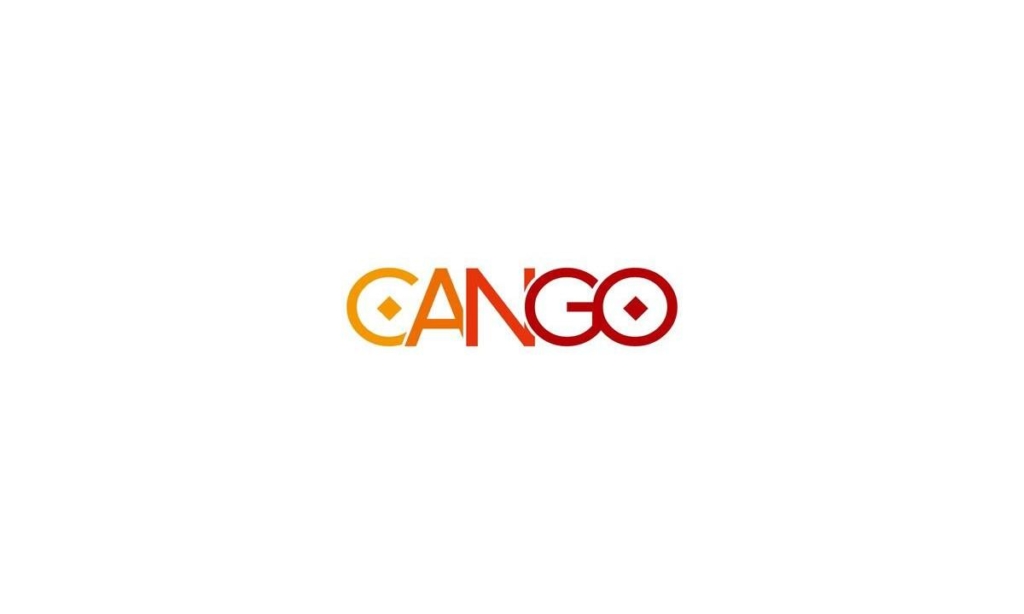Banco de Investimentos Globais (BiG), a major bank in Portugal, has decided to block fiat transfers to cryptocurrency platforms. This decision is based on compliance with European regulations and has sparked discussions about Portugal’s changing attitude towards cryptocurrencies. Once a haven for crypto enthusiasts, Portugal is now tightening its regulations.
BiG’s move aligns with guidelines from the European Central Bank and the Bank of Portugal, focusing on anti-money laundering and counter-terrorism financing. While BiG restricts these transfers, other banks like Caixa Geral de Depósitos still allow them, indicating that BiG’s stance is not yet widespread.
This decision comes alongside Portugal’s new 28% capital gains tax on short-term crypto holdings, marking a shift from its previously friendly policies. The timing is significant, as it follows the EU’s Markets in Crypto-Assets Regulation (MiCA), which aims to create a unified framework for digital assets in Europe. However, BiG’s interpretation of these regulations shows that approaches can differ even within the same country.
Critics, including crypto entrepreneur José Maria Macedo, argue that this restrictive approach could push people towards decentralized finance (DeFi). Others, like Mario Nawfar, believe the new tax laws will further drive users to explore DeFi options.
In contrast, other European countries are embracing cryptocurrencies. The Czech Republic is considering adding Bitcoin to its foreign exchange reserves, while France’s BPCE plans to offer crypto services in 2025. Germany’s Deutsche Bank is working on blockchain compliance, and Switzerland continues to support tokenized assets and crypto trading.
Overall, BiG’s actions highlight a tension in Portugal’s crypto landscape, balancing regulatory ambitions with its past reputation as a crypto-friendly nation. The future remains uncertain as other banks decide whether to adopt similar restrictions or maintain a more open approach.



